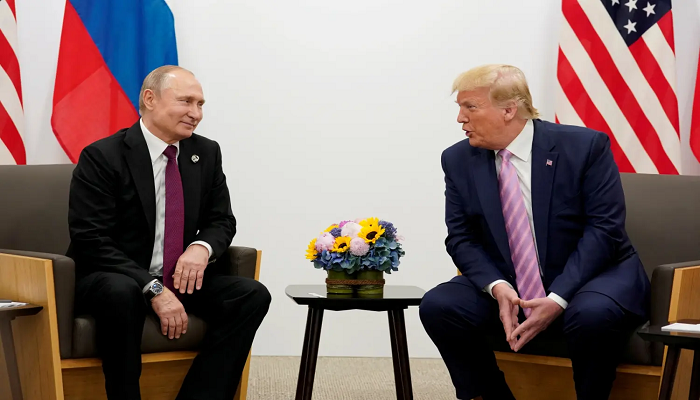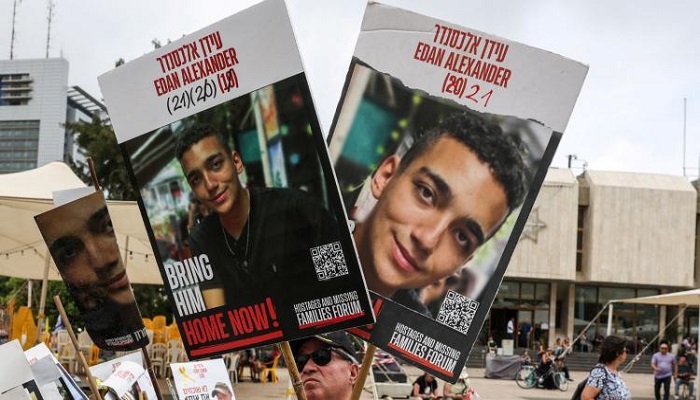The latest flare-up between nuclear-armed rivals India and Pakistan has subsided under U.S. mediation, but the diplomatic fallout may have lasting consequences for India’s global ambitions, analysts say.
The ceasefire, brokered by U.S. President Donald Trump following four days of missile strikes, drone attacks, and mounting casualties — including at least 66 confirmed deaths — has momentarily deescalated tensions in Kashmir. However, questions loom over India’s strategic posture and its resistance to third-party intervention.
The Trump-brokered agreement was swiftly welcomed by Pakistan, which publicly thanked the U.S. for its diplomatic role. In contrast, India remained silent on any external involvement, underscoring its longstanding position that Kashmir is an internal matter and not subject to international negotiation.
“India is facing a tough balancing act,” said Michael Kugelman, a South Asia specialist based in Washington. “It wants strong ties with the U.S., especially on trade and defence, but any hint of mediation on Kashmir touches a political nerve in New Delhi.”
India and Pakistan Agree to Ceasefire Amid Kashmir Tensions, Violations Reported
Despite the ceasefire, both sides exchanged accusations of violations over the weekend, highlighting the fragility of the truce. Indian officials remain tight-lipped, while the opposition has ramped up pressure, demanding clarity on whether New Delhi accepted third-party mediation.
Prime Minister Narendra Modi faces criticism at home. “Trump suddenly appeared out of nowhere and pronounced his verdict,” said Swapan Dasgupta, a former BJP lawmaker, echoing concerns over the perceived erosion of India’s strategic autonomy.
Congress Party spokesperson Jairam Ramesh accused the Modi government of allowing internationalization of the Kashmir issue, asking pointedly: “Have we opened the doors to third-party mediation?”
Brahma Chellaney, a prominent defence analyst, argued that halting military action under U.S. pressure shifted global focus back to the Kashmir dispute instead of Pakistan’s alleged role in cross-border terrorism.
Pakistan, meanwhile, appears emboldened by international attention and U.S. guarantees. Speaking to a news agency, Finance Minister Muhammad Aurangzeb confirmed that the military escalation had minimal fiscal impact and could be “accommodated within current fiscal space.”

He said Pakistan remained committed to broader trade talks with the U.S., including potential imports of cotton, soybeans, and hydrocarbons, and confirmed that a $1 billion IMF tranche would be received Tuesday under a $7 billion support program.
Tensions Rise in Pakistan-Administered Kashmir Amid India Standoff
Aurangzeb dismissed the long-term threat from India’s suspension of the Indus Waters Treaty, calling it “non-impactful for now” and expressing confidence in the treaty’s reinstatement.
The crisis has once again spotlighted the volatility of the India-Pakistan relationship and the perils of their decades-long dispute over Kashmir, a region they both claim in full but control in part. The April 22 attack on tourists in Indian-administered Kashmir, which killed 26, triggered the escalation. India blamed Pakistan-based groups for the assault, a charge Islamabad has denied.
Trump’s involvement in securing the ceasefire, coupled with remarks on increasing trade with both nations, signals a shift in U.S. diplomacy, framing economic incentives as a tool for conflict management.
But for India, which sees itself as an emerging global power, this episode has laid bare the tension between asserting sovereignty and managing alliances.
“Unless the underlying issues are addressed, we’ll be back at the brink,” warned Moeed Yusuf, Pakistan’s former National Security Advisor.
As calm returns — however temporarily — to the Himalayan region, the future of South Asia’s security and diplomacy may well depend on how both nations redefine their engagements not just with each other, but also with the global powers looking in.



